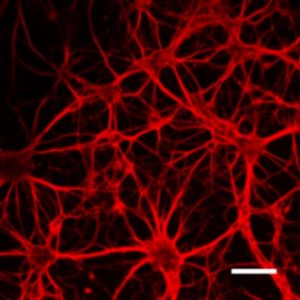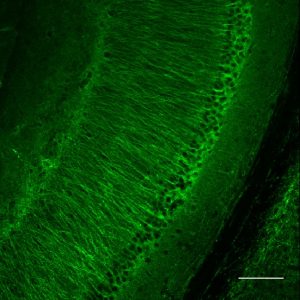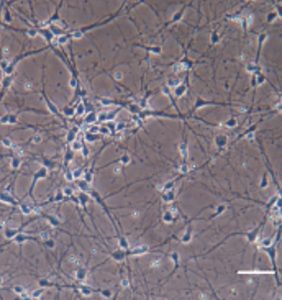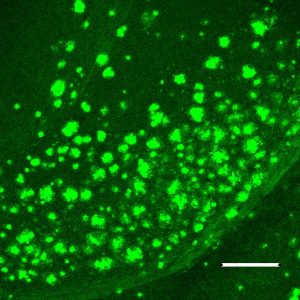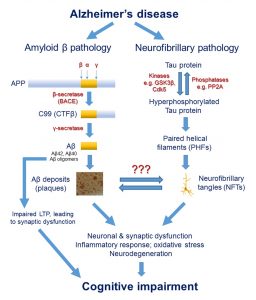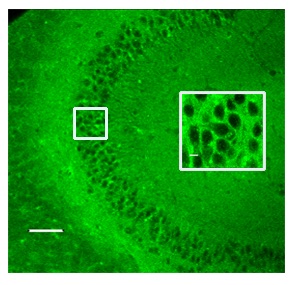Welcome to the Pereira Lab
Pereira Lab has been performing several studies to understand the neurobiology of age-related cognitive decline and Alzheimer’s disease using a translational approach. The lab’s major focus is on furthering knowledge of the mechanisms of selective vulnerability of glutamatergic neural circuits to synaptic changes in aging and neuronal loss in Alzheimer’s disease. Dr. Pereira and her lab members have been studying glutamatergic neuronal susceptibility with modern quantitative cell biology methods (at the synaptic and spine resolution with electron and confocal microscopy) in conjunction with molecular tools (next generation RNA sequencing, single cell sequencing, TRAP methodology) and functional assays in animal models and post-mortem Alzheimer’s brains. The lab uses a diverse set of methodological approaches to relate anatomical and molecular findings to functional changes.
Pereira Lab has also been investigating mechanisms by which chronic intermittent hypoxia, as it occurs in obstructive sleep apnea (OSA), can increase the risk and progression of Alzheimer’s disease. The laboratory seeks to explore molecular mechanisms underlying these susceptibilities in order to pinpoint novel therapeutic targets. As a physician-scientist, Dr. Pereira has been translating basic science findings from the laboratory into clinical studies and a trial of potential novel treatments for patients with Alzheimer’s disease.

